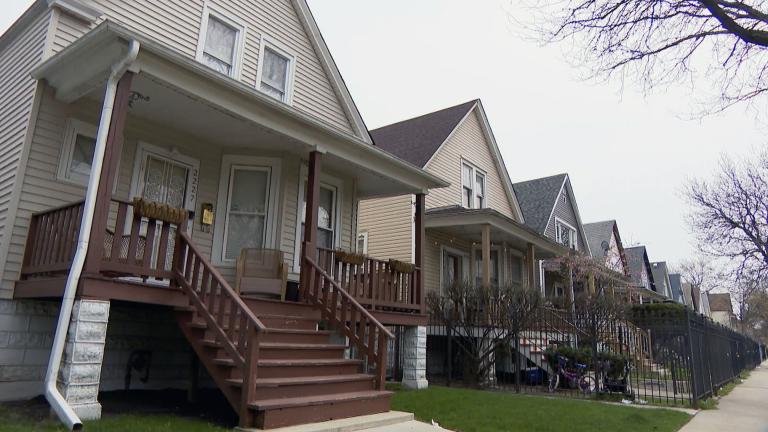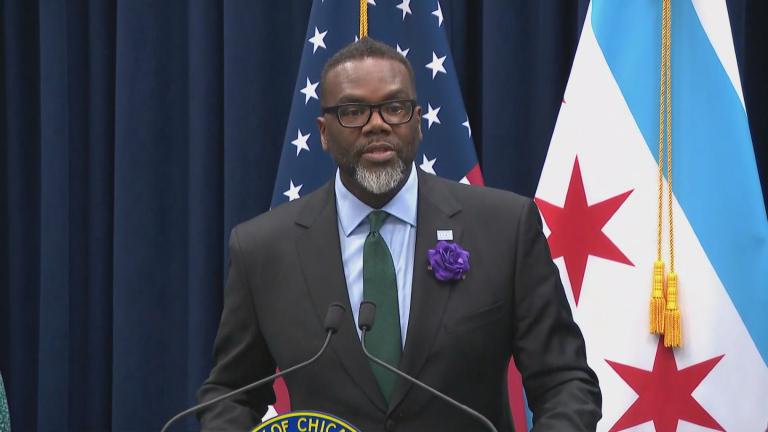Chicago’s pension debt soared by approximately $1.74 billion in 2022, according to the city’s audited annual financial report, raising the pressure on Mayor Brandon Johnson to tackle Chicago’s acutely underfunded pensions.
In all, Chicago owes $35.4 billion to its four employee pension funds representing police officers, firefighters, municipal employees and laborers, according to the 2022 Certified Annual Financial Report. That is an increase of 5% from 2021, according to the report.
That represents a significant jump in the city’s pension debt between 2021 and 2022 as compared with the previous year, when it grew 2.4%, according to city data.
The city’s pension debt burden rose in 2022 even as the city contributed more than ever before to its four pension funds because of “short-term impact of the global market volatility on recognized investment income,” according to the report.
That investment volatility prompted the City Council to endorse former Mayor Lori Lightfoot’s plan to contribute an additional $242 million from the city’s surplus to its pension funds, approving the move as a way to start paying down the city’s high-interest pension credit card.
The infusion of cash was designed to help the city weather the drop in the stock market, which caused the city’s pension accounts drop by 12% by the end of August 2022, with additional losses expected, officials said. Without it, the city’s pension funds would be forced to sell investments to cover payments to retired employees, costing the city an additional $130 million annually, officials said.
In all, the city contributed approximately $2.3 billion to its four pension funds in 2022, as required by a state law designed to ensure that two of Chicago’s funds will be funded at a 90% level by 2055 and the other two by 2058, ensuring they can pay benefits to employees as they retire.
Because of that law, Chicago saw its pension payments soar by an additional $1.3 billion between 2019 and 2022, climbing the so-called pension ramp without taking on additional debt or cutting services, an accomplishment that Lightfoot celebrated as she left office.
But not only did the city’s overall pension debt grow between 2021 and 2022, the assets held by all four pension funds also declined, worsening the city’s overall pension crisis.
The firefighters’ fund has the lowest funded level of the four, at 18.8%; the laborers’ fund has the highest funded level, at 40%, according to the city’s annual financial report. That is significantly worse than other large public pension funds, which have average funding levels of about 70%.
As part of the report, Mayor Brandon Johnson acknowledged he inherited “several long-term structural challenges” and pledged to chart “a better path forward for the city’s finances that will protect working families and develop actionable solutions to meet the city’s obligations to workers, retirees and taxpayers.”
That effort got underway on June 21, with the first meeting of a working group formed by Johnson to tackle the city’s pension crisis.
Contact Heather Cherone: @HeatherCherone | (773) 569-1863 | [email protected]






